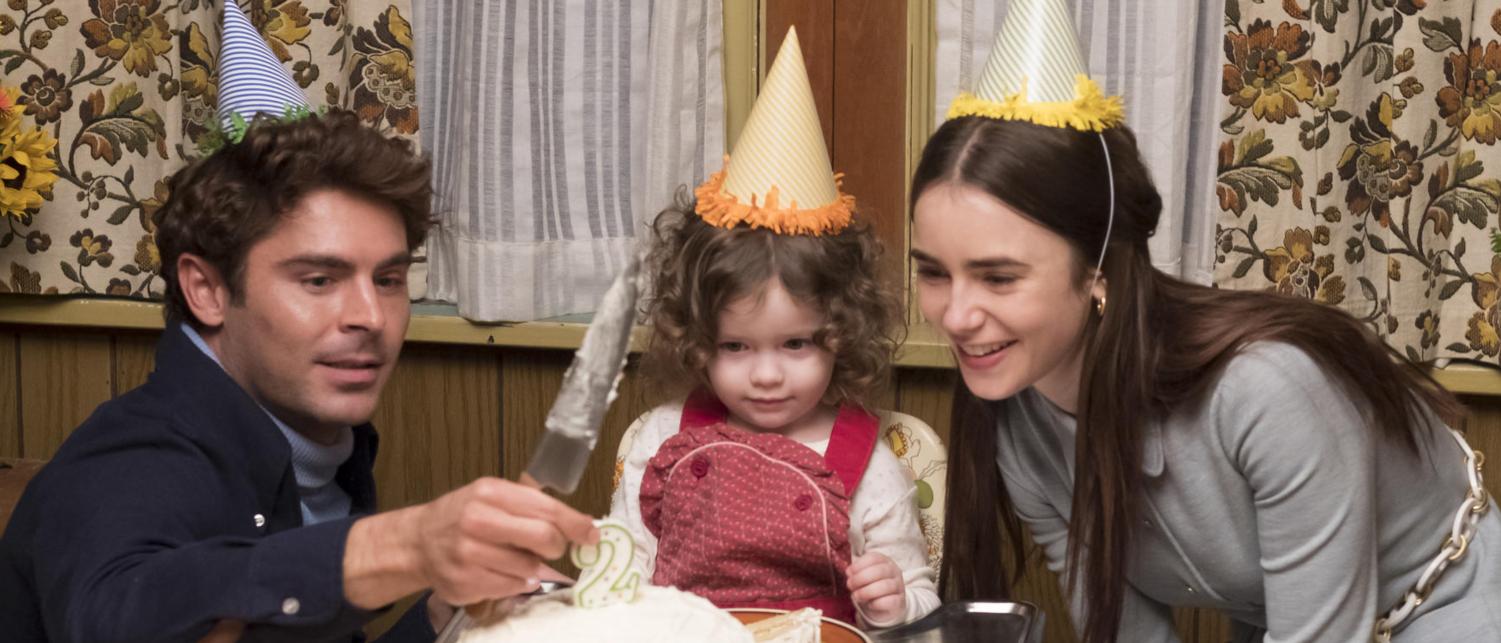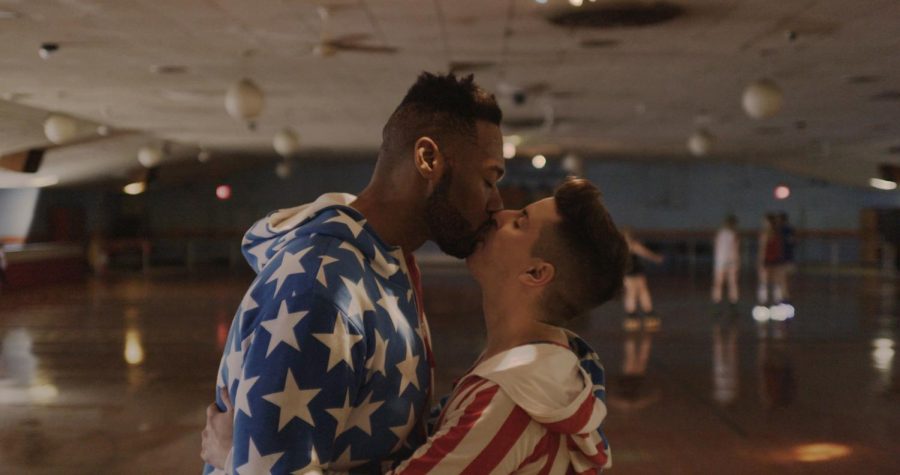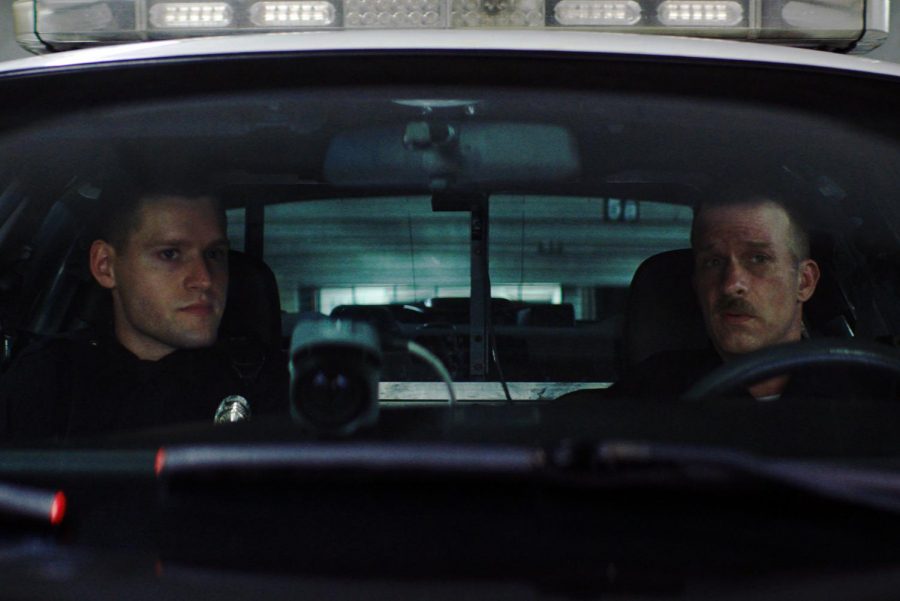
You may be familiar with the Ted Bundy trials. The docu-series and movie about this notorious serial killer have made their way to Netflix this past year. More specifically, “Conversations with a Killer: The Ted Bundy Tapes,” and “Extremely Wicked, Shockingly Evil and Vile” by Joe Berlinger have been gaining a lot of attention lately.
At a time when women are leading empowering movements and pushing for their narratives to be heard, it felt promising that the film would showcase Liz Kloepfer’s personal relationship with the murderer. A woman’s perspective was a new, fresh take on the serial killer thriller. Unfortunately, the film falls short of this goal.
“Extremely Wicked, Shockingly Evil and Vile” is meant to explore Kloepfer’s life with Bundy from his convictions to hearings, trials, and inevitably his death. The title itself was a phrase that was once uttered from the judge of Bundy’s trial, to explain the nature of his actions before sentencing him to the death penalty.
In the 1970’s, from his televised interviews to his confident presentation at trial, Bundy was considered a charming and confident man, so many found it hard to believe he could have committed such horrifying crimes.. But he did commit these crimes and his overconfidence can now be seen by audiences as the clear manipulation and coldhearted disregard for human life.
Zac Efron, who audiences will recognize from Disney’s childhood favorite High School Musical and most recently Baywatch, effectively portrays Bundy as such. Kloepfer on the other hand, who is played by Lily Collins, was not given nearly as much depth as Bundy’s character. This is a mistake, as Kleopfer struggles with guilt and conflicting emotions. Her feelings are lost in translation, between the timeline of Bundy’s murders and a soundtrack of classic rock songs.
The beginning of the film showcased Bundy and Kloepfer’s first interaction and life together. It becomes clear that Bundy is incapable of understanding the crimes he had been committing, while courting and starting a relationship with her. Kloepfer is in as much denial of Bundy’s guilt and subsequent jail time as Bundy is himself, sitting in a jail cell awaiting his sentence. Bundy manipulates Kloepfer with every phone call and every visit to not lose hope. She sees him as innocent, funny, happy, and charming.
Audiences will not be confronted by the brutal reality of Bundy’s actions until one of the film’s final scenes and this is a mistake as Bundy, in turn, is not condemned until the very end of the film. Audiences will ultimately leave the film with a clear picture of the kind of man Bundy was, and of the woman whose lives he destroyed. But, it won’t be without conflicting feelings, as Bundy’s story took away from Kleopfer’s point of view.











